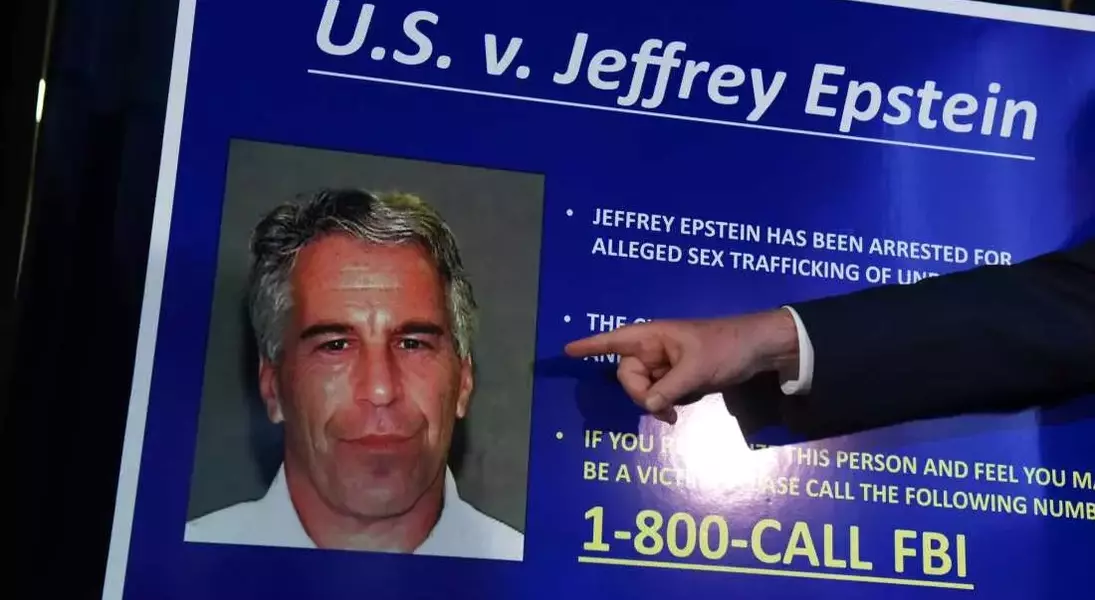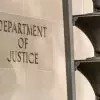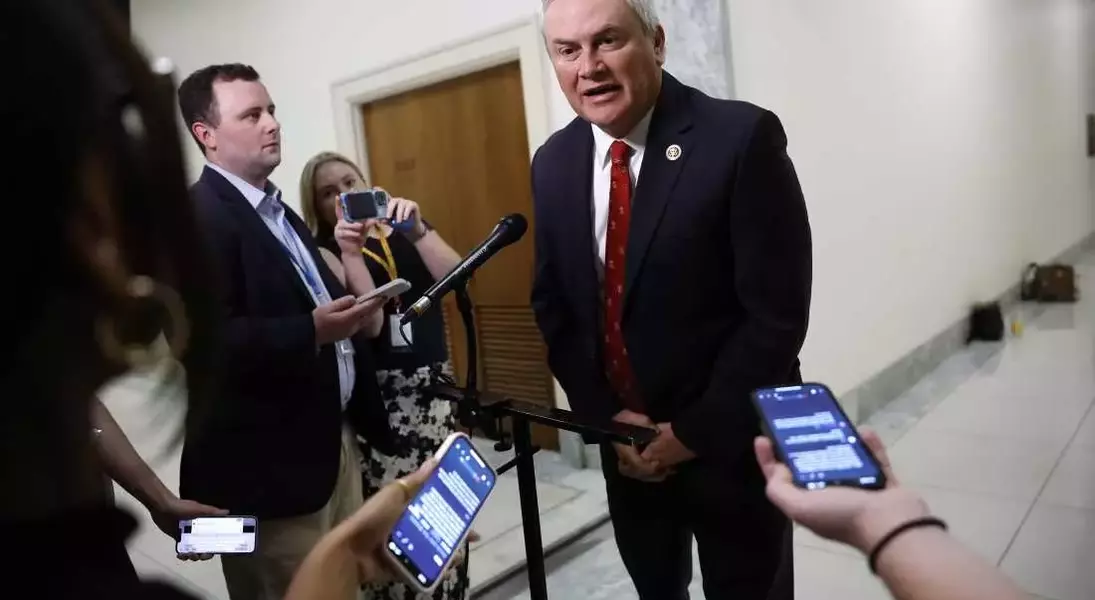







The U.S. political landscape is set for a significant development as the House Oversight Committee prepares to receive the first installment of documents concerning the Justice Department's extensive investigation into the late financier Jeffrey Epstein. This move follows a congressional subpoena issued earlier in the month, underscoring the legislative body's commitment to greater transparency surrounding the contentious case. This initial release is expected to provide crucial insights into the probe of Epstein and his long-time associate, Ghislaine Maxwell, a case that continues to draw intense public and political scrutiny.
Crucial Documents Expected to Unveil Further Details in Epstein Investigation
In a pivotal moment for congressional oversight, the esteemed House Oversight Committee, under the leadership of Chairman James Comer (R-Ky.), is poised to obtain hundreds of documents from the Department of Justice this Friday, August 22, 2025. These files are the initial response to a congressional subpoena issued earlier in the month, demanding records pertinent to the federal investigation into Jeffrey Epstein and Ghislaine Maxwell. Chairman Comer has publicly stated the committee's intent to release some of these documents to the public, emphasizing a commitment to transparency. This development unfolds amidst a delicate political balancing act for congressional Republicans, who face pressure for openness from their constituents while also navigating the potential for embarrassing revelations regarding the government's handling of the case, and former President Trump's past associations with Epstein.
This ongoing saga also touches upon the mystery surrounding Epstein's death by suicide in prison six years ago, which has fueled widespread conspiracy theories. Compounding the complexity, Attorney General Pam Bondi recently announced that investigations by the Justice Department and the FBI found no evidence of an Epstein 'client list' or any blackmail activities, a statement that has drawn significant criticism. Congressman James Comer, speaking to reporters on Capitol Hill, expressed anticipation for a substantial volume of material, noting that the charges against Epstein and Maxwell suggest a wealth of underlying evidence. He highlighted the dual review process: the Justice Department will first redact sensitive information, followed by an independent review by the committee. Critics, including some within the Republican party and Democrats like Representative Robert Garcia (D-Calif.), have voiced concerns that any partial or controlled release of documents could impede comprehensive public understanding and potentially mislead. Garcia, the committee's leading minority member, stressed the importance of complete compliance with the subpoena. Meanwhile, efforts to unseal grand jury testimony related to the case have been largely unsuccessful. U.S. District Judge Richard Berman of Manhattan, in a recent ruling on Wednesday, August 20, 2025, denied a request to make such transcripts public, arguing that the government's possession of thousands of pages of existing documents would be more informative than the limited grand jury materials proposed for unsealing. Looking ahead, Representative Thomas Massie (R-Ky.), alongside Representative Ro Khanna (D-Calif.), is planning a bipartisan push for a House vote to release all relevant records after the congressional recess, further signaling the persistent legislative focus on ensuring full accountability and transparency in this high-profile case.
The unfolding of the Epstein files saga serves as a profound reminder of the intricate relationship between political transparency, public trust, and the pursuit of justice. It highlights the challenges faced by governmental bodies in balancing national security interests, individual privacy, and the public's right to know, especially in cases of such widespread public interest and deep societal impact. This situation underscores the critical role of robust oversight mechanisms and bipartisan cooperation in upholding accountability within our political system. Furthermore, it reminds us that true justice often requires persistent effort and unwavering commitment to uncover the full truth, regardless of the political sensitivities involved.
